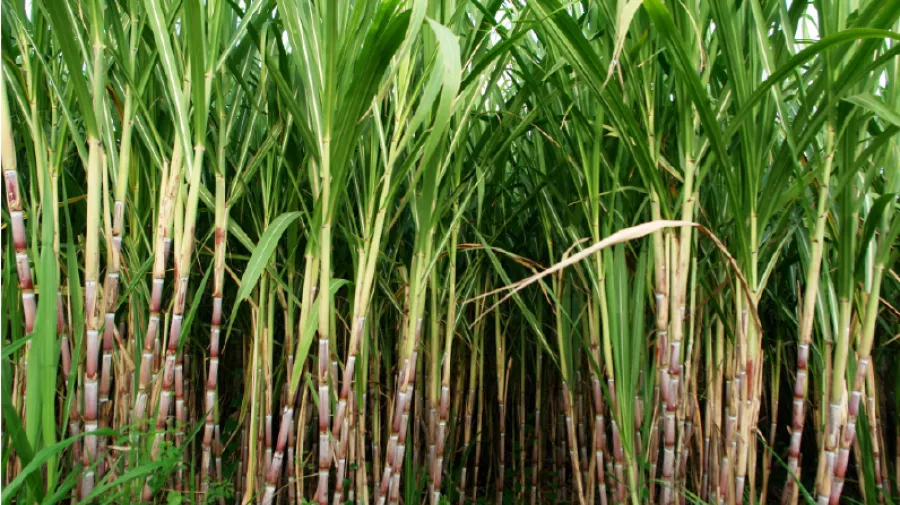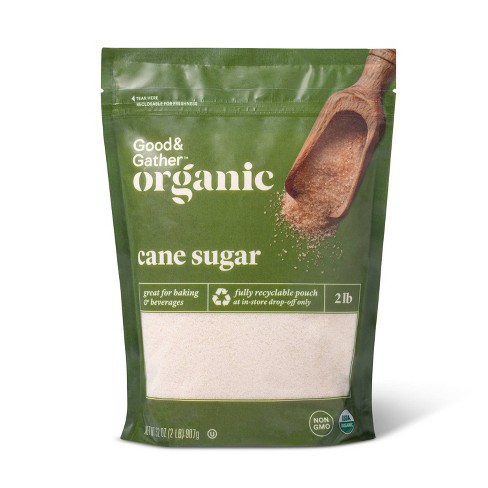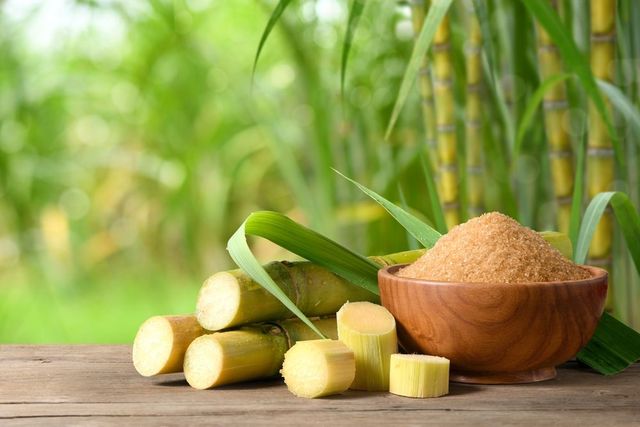How Sugar and Cane Affect Your Taste Buds and Cooking Experience
How Sugar and Cane Affect Your Taste Buds and Cooking Experience
Blog Article
Why Cane Sugar Processing Chemicals Are Crucial for Modern Sugar Refining
The role of walking cane sugar processing chemicals in modern sugar refining can not be overemphasized, as they are essential to boosting both the effectiveness of extraction and the total top quality of the last product. Agents such as phosphoric acid and certain flocculants are utilized to get rid of contaminations, resulting in sugar that not just meets customer assumptions however also sticks to market requirements.
Duty of Handling Chemicals
The efficacy of cane sugar handling hinges substantially on the calculated application of processing chemicals. These chemicals play a pivotal duty in enhancing the effectiveness and high quality of sugar removal and refining. From the preliminary phases of juice removal to the last purification steps, handling chemicals promote different vital procedures.
In the extraction stage, chemicals such as phosphoric acid and calcium hydroxide are utilized to maximize the information procedure, assisting to remove pollutants and put on hold solids from the cane juice. This not only improves the return yet additionally makes sure the clearness of the end product. Additionally, agents like flocculants aid in the quick settling of contaminations, consequently improving the general procedure.
Triggered carbon and ion exchange resins serve to remove color and odor, making sure that the refined sugar fulfills customer top quality criteria. Therefore, the careful option and application of these chemicals are crucial for accomplishing optimal outcomes in cane sugar processing.
Trick Kinds of Chemicals
Cane sugar processing depends on a range of essential chemicals that assist in each stage of production. These chemicals play necessary functions in clearing up, bleaching, and detoxifying the sugar drawn out from cane.
One primary group of chemicals includes flocculants, such as polyacrylamide, which help in the information process by advertising the aggregation and settling of contaminations. Furthermore, calcium hydroxide is typically used to neutralize level of acidity and assist in the removal of non-sugar components.
Whitening agents, such as activated carbon and sulfur dioxide, are utilized to decolorize the syrup, resulting in a clearer end product. These chemicals help remove color substances that might affect the sugar's appearance and bankability.
Moreover, phosphoric acid functions as a pH regulator throughout the processing stages, ensuring optimum conditions for the enzymatic tasks associated with sugar extraction and filtration.
Various other vital agents include edta (ethylenediaminetetraacetic acid), which chelates metal ions that might catalyze undesirable reactions, and salt hydroxide, which aids in pH control throughout the refining process. Jointly, these chemicals boost performance and ensure a high-grade walking stick sugar product.
Benefits for Sugar Quality
Frequently forgotten, the use of specific handling chemicals substantially boosts the overall quality of walking stick sugar. These chemicals play a critical duty in refining processes, guaranteeing that the final item meets strict industry requirements for purity and taste.

Furthermore, refining chemicals help in attaining a constant granulation and structure, which are essential for customer approval. By controlling the crystallization procedure, these chemicals make certain that the sugar crystals create consistently, causing a more enticing item that liquifies well in various applications.
Moreover, the usage of these chemicals can boost the shelf life of walking stick sugar by lessening moisture absorption and microbial development. In general, the strategic application of handling chemicals is crucial for delivering premium walking cane sugar that satisfies customer assumptions and sector needs.
Ecological Impact Factors To Consider

Additionally, the energy-intensive nature of sugar refining, compounded by chemical use, frequently leads to enhanced carbon exhausts. This adds to environment change and increases problems pertaining to the sustainability of current refining techniques. Additionally, the sourcing of these chemicals might include techniques that intimidate biodiversity, such as monoculture farming, which decreases the strength of agricultural communities.

To minimize these impacts, sugar refiners are significantly checking out lasting choices and taking on ideal practices that lessen chemical use. Applying rigorous environmental management systems can assist make certain that the refining procedure straightens with ecological standards and advertises biodiversity. Eventually, a balanced technique that prioritizes both sugar top quality and ecological stewardship is important for the long-term viability of the sugar sector.
Future Fads in Refining
As the sugar sector comes to grips with the ecological difficulties related to traditional refining techniques, innovative strategies are emerging to boost both performance and sustainability. One considerable fad is the adoption of environment-friendly chemistry principles, which focus on using safe, biodegradable processing chemicals. This change not just lessens environmental influence but likewise addresses consumer need for cleaner production approaches.
Another promising growth is the application of advanced purification innovations, such as membrane splitting up and adsorption processes. These techniques boost the clarity and top quality of the sugar while lowering the quantity of wastewater generated throughout refining. In addition, the combination of digital technologies, consisting of IoT and AI, is transforming functional effectiveness by making it possible for real-time surveillance and predictive maintenance, hence lessening Learn More Here resource waste.
Additionally, using byproducts from sugar refining, such as bagasse and molasses, is getting traction. These materials can be transformed into biofuels or value-added items, contributing to a round economic climate within the sector. Collectively, these patterns indicate a shift towards even more sustainable practices that not just boost operational efficiency yet additionally align with worldwide sustainability objectives, making certain the future feasibility of sugar refining.
Verdict
Walking cane sugar handling chemicals are necessary in modern sugar refining, substantially boosting the performance and quality of sugar removal. The tactical use these chemicals not only enhances the purity and taste of the end product yet also guarantees regular formation and appearance. As the sector significantly prioritizes sustainability, the adoption of environmentally-friendly processing agents is likely to form future trends in refining, eventually causing greater high quality products and expanded rack life for customers.

Inevitably, a well balanced technique that prioritizes both sugar quality and environmental stewardship is vital for the long-lasting stability of the sugar industry.
Cane sugar processing chemicals are important in contemporary sugar refining, dramatically boosting the performance and high quality of sugar extraction.
Report this page